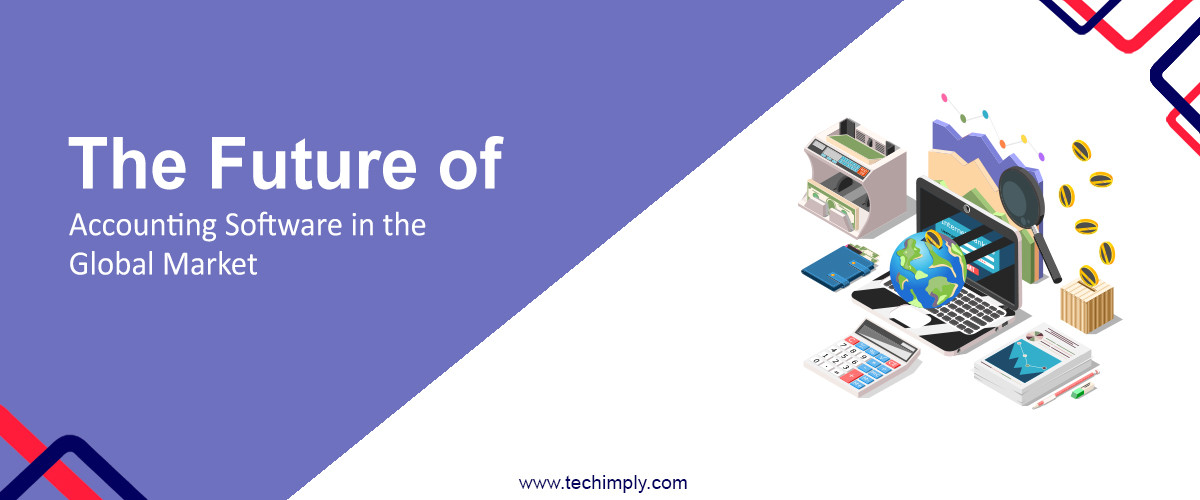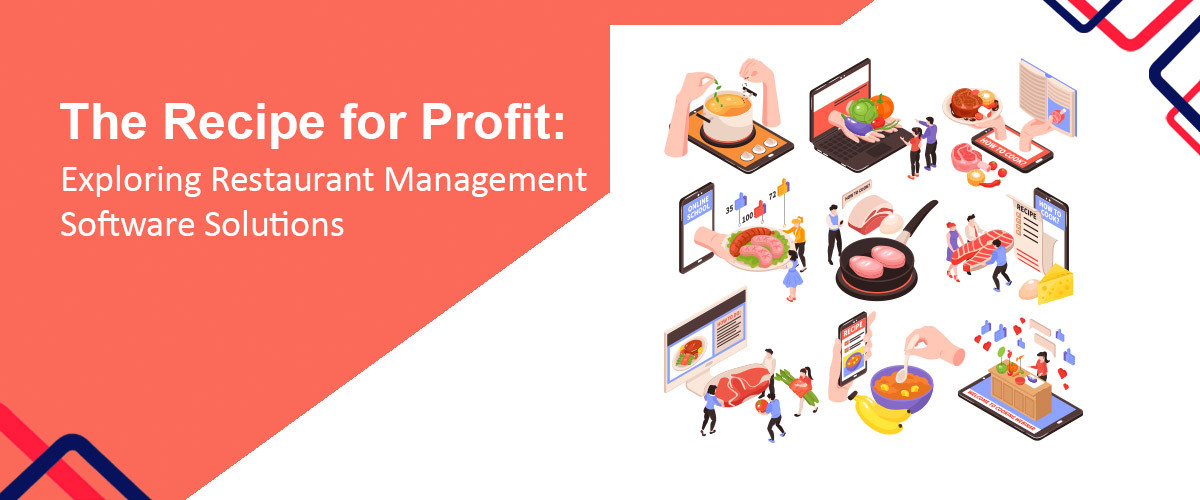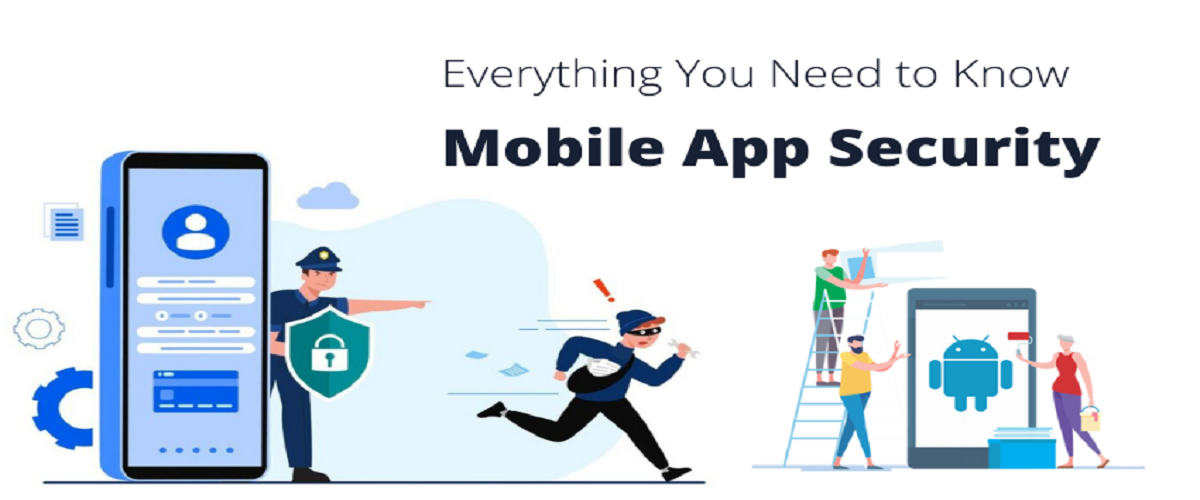Accounting software is no longer merely a benefit in the quick-paced world of small business and finance; it has evolved into a crucial invention that will impact the future of financial management. If companies want to thrive, especially small ones, they must be able to stay up-to-date with the quick improvements in accounting software. For accountants, finance experts, small business owners, and anybody else interested in effectively managing financial data, this analysis of accounting software is an invaluable resource. India's entrepreneurship and rapid economic expansion have made it a leader in the creation of accounting software. The swift transition from paper records to digital accounting emphasises a crucial idea: maximising opportunities in the current, intensely competitive market.
Navigating Digital Transformation in the Accounting Realm
Getting Past the Ledger
- The ledger, which was formerly the painstakingly kept core of accounting, faithfully documenting each transaction and serving as a gauge of a business's financial health, has evolved into a single component of a far more comprehensive system. The accounts payable automation software in india of today is an integrated powerhouse that far outperforms its historical function. In addition to producing informative information and automating time-consuming operations, it also attempts to predict the future state of the financial system.
The Functions of Automation and AI
- These days, automation and artificial intelligence (AI) are transforming the accounting profession and enabling even the smallest businesses to become data-driven giants. Decision-making is fueled by real-time insights thanks to these technologies. Like devoted search dogs, machine learning algorithms sift through enormous databases to find patterns and abnormalities that would even the most perceptive human accountant would miss.
Accounting Software on the Cloud
- Give up your desk and cumbersome software! Accounting programmes hosted on the cloud are completely changing how firms run. This new era is defined by accessibility, scalability, and seamless collaboration. Accounting is no longer restricted to the office; it is now a dynamic, anywhere, at any time function. Everyone can participate in the financial analysis software thanks to the cloud, provided they have a device and an internet connection.
-
Zoho Books
-
FreshBooks
-
AlignBooks
-
Tally.ERP 9
-
AFAS Software
-
Vyapar
-
HostBooks
-
MARG ERP 9+
-
NetSuite
-
myBillBook
The Rise of Fintech And Its Impact on Accounting
Fintech Transforming Transactions
- The transaction landscape is rapidly changing as a result of financial technology, or Fintech. Transaction processing and accounting are no longer two distinct businesses. By developing integrated solutions that simplify corporate operations, fintech entrepreneurs are erasing boundaries. Blockchain technology, digital payments, peer-to-peer financing, and other advances caused by fintech are transforming the financial industry and creating a more integrated and efficient financial ecosystem.
The Potential for Disruption with Blockchain
- Although blockchain is often associated with cryptocurrency, technology has enormous potential to change accounting. With its secure and unchangeable ledger, this technology raises the bar for accuracy and transparency in financial records. Moreover, smart contracts promise to simplify transaction processing, potentially completely changing the accounting industry.
The Accounting Technology Human Factor
- Although technology is revolutionising the accounting industry, human interaction is still vital. Accounting software can complete intricate computations in milliseconds, but human judgement is still needed for result interpretation and strategic decision-making. Instead of replacing accountants with robots in the accounting industry of the future, these technological marvels will enable CPAs to accomplish amazing things.
Compliance, Security, and Risk Management
The Changing Regulatory Compliance Environment
- Software used in accounting is dynamic. It is always changing to accommodate new national and international regulations. Because of this, companies utilising it are guaranteed to remain compliant automatically, saving them the trouble of manually monitoring and modifying their systems for each new need.
Strengthening Cybersecurity Protocols
- Accounting software developers are in the vanguard of the cybersecurity battle, as our data-driven environment serves as a constant reminder of its significance. To safeguard the financial information entrusted to them, they place a high priority on strong features like multi-factor authentication and modern encryption technologies. There has never been a more serious emphasis on protecting sensitive financial data, giving accountants and businesses alike piece of mind.
Preventive Risk Control
- Contemporary accounting software extends beyond historical data analysis. Its strong analytical skills are essential for risk management and prediction. Businesses can take preventive measures before issues worsen by using the software's real-time risk evaluations that combine financial and operational data. Businesses can stay ahead of possible problems and traverse the financial landscape with more confidence thanks to this forward-thinking approach.
The International Dictionary of Accounting Software
Companies in the World Market
- The market for accounting software is a hive of entrenched behemoths and agile upstarts fighting for supremacy. Leaders in the industry offer a wide selection of solutions that address different corporate needs. There is a solution that perfectly suits every business need, thanks to their individual strengths and distinctive value propositions.
Localization and Personalisation
- There is no one-size-fits-all approach to accounting, particularly when negotiating the complex world of tax regulations and company practices that differ not only by nation but even by area. Leading accounting software is made with customisation in mind since it understands this complexity. This makes it possible for companies to customise the software to meet their unique requirements and maintain compliance with regional financial laws.
Smooth Coordination with Additional Business Instruments
- Accounting software's true strength is found in how well it interacts with other vital company tools. Project management platforms, HR software, and customer relationship management (CRM) systems are a few examples. All of your company data is centrally located in a single software stack that is created by these integrations. This results in a more streamlined and effective workflow by centralising information and streamlining procedures.
The Small Business Owner's Guide to Choosing Accounting Software
Evaluating Your Company's Requirements
- The specific requirements of your company must be carefully taken into account while selecting accounting software. The needs of a small retail business and a technological startup will differ. It should be possible for the perfect software to adjust to these variations in size and complexity.
Recognising the Product Environment
- It might be overwhelming to navigate the ever-expanding world of accounting software, which is already flooded with specialised apps. Making an informed choice is essential, though. Make sure every product meets the demands of your company by carefully assessing its features, cost, and level of support.
Doing the ROI Estimate
- Think of accounting software as an investment in the growth and efficiency of your company in the future. You may set acceptable standards for the program's effectiveness and support the program's expense by estimating the return on investment (ROI). You may evaluate the software's value to your company using this ROI calculation.
Adopting Accounting Software: Best Practices for Implementation
Getting Ready and Making Plans
- Planning is essential for a successful adoption of accounting software before getting started. This plan has to include methods for transferring your current data, arranging for staff training, and creating a workable schedule for launching the new system. You can maximise the advantages of your accounting software and guarantee a seamless transfer by following these pre-emptive procedures.
Migration and Management of Data
- "Garbage in, garbage out" is a very true statement when it comes to accounting software. Utilising the full potential of the new system requires making sure that all data is correct and that the transfer process is error-free and flawless. Clear data serves as the foundation for reliable conclusions and informed decision-making.
Management of Change
- Making the transition to new accounting software involves more than just technology—it involves a shift in the way your company runs. Adequate change management techniques are essential to guarantee a seamless transition. This entails include stakeholders in the process, communicating clearly with all parties, and offering continuous support systems. By taking care of these cultural issues, you'll position your company to benefit from the new system. Traditional bookkeeping has been swiftly supplanted by digital accounting, and as technology advances, the question today becomes not so much whether accounting software should be used at all as it is how to use it efficiently in a cutthroat market.
Features Of Accounting Software
- Automation: Removes the need for manual entry, increasing efficiency and reducing error-proneness of financial procedures. This includes automatic billing and invoicing software in addition to the preparation of financial reporting.
- Accounting and Analysis: By facilitating the preparation of comprehensive reports including profit and loss statements, balance sheets, and cash flow statements, this service offers a comprehensive knowledge of a person's financial health.
- Abilities for Interfaces: Offers an integrated approach to business management by enabling easy interface with a range of corporate apps and systems, such as payroll and CRM software.
- Multi-User Access: This encourages collaboration by allowing several people to read, edit, or access financial information according on their level of access.
- Data Security: The uses secure login processes, encryption, and access controls to guarantee the protection of sensitive financial information.
- Scalability: The capacity to provide features and functionalities that can be adjusted to meet changing needs and support an organization's expansion.
- Compliance Management: Reduces the possibility of fines or legal issues by monitoring financial transactions in compliance with tax and regulatory regulations.
The Future Is Now: Accounting Software and Beyond
The Future Is Being Shaped by New Trends
- Accounting software may undergo future changes due to a number of upcoming trends and technological advancements. We're about to see advanced data analytics, mobile-first solutions, and possibly even virtual and augmented reality settings integrated into accounting software.
The Importance of Lifelong Learning and Education
- The speed at which technology is developing makes pursuing lifelong learning and education more crucial than ever. Accounting software is always evolving, so accountants and company owners who want to be informed and adaptable leaders in their organisations must keep up with these developments.
Sustainability and Ethical Concerns
- The global organizations are just as significant as its features and potential future value. The drive for sustainability and moral business conduct is beginning to be incorporated into software, enabling businesses to keep an eye on their social and environmental impact just as closely as their financial records.
Conclusion
The future of accounting software in the global market promises transformational changes, especially for platforms like Techimply. With advancing technology and increasing demand for automation and real-time financial analysis, accounting software is evolving rapidly. For a software listing platform based in India, such as Techimply, the opportunity lies in leveraging this growth by integrating AI, machine learning, and cloud computing to offer sophisticated, user-friendly solutions. In addition to meeting the various needs of companies of all sizes, this will have a big impact on India's and other countries' digital economies. Techimply's strategic positioning in this rapidly evolving industry is built on its ability to make innovative accounting solutions more accessible, hence promoting efficiency, transparency, and financial responsibility.
You May Also Like: 5 Ways Accounting Software Can Improve Your Business Efficiency






